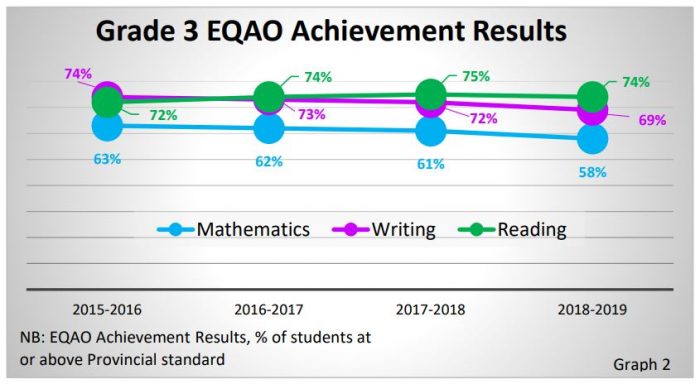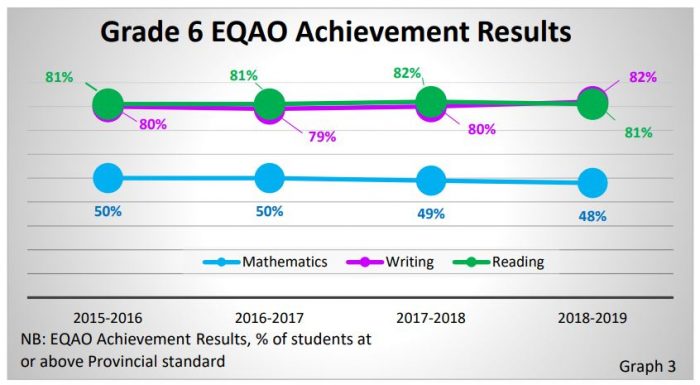Facing challenges and shaping young minds
TORONTO – This year has been a challenging one, especially for students and educators. The pandemic has presented new obstacles for eager minds navigating the education system. The need to mitigate the spread of Covid-19 has prompted a shift into digital realm of learning. This is just one factor that will affect student achievement.
The delayed start to the academic school year, combined with the confusion between in-class and virtual learning models are genuine concerns for overall student academic performance. The introduction of the new elementary math curriculum presented yet another hurdle for students and educators. In light of some of these challenges, grades 3 and 6 will not participate in the province’s EQAO (Education Quality and Accountability Office) assessments.
The measurements of such outcomes are an important indicator of school performance. They also ensure accountability between school boards and schools in Ontario’s publicly funded education system. The EQAO assessments help identify the strengths and weaknesses of that same system.
They are just one tool used as a basis for targeted improvement planning at the individual, school, school board and provincial levels. The results are used to gauge students’ abilities in literacy and mathematics. The ultimate goal is to increase the success of all students in Ontario.
Over the course of a decade, math scores have been on the decline in Ontario. According to the most recent 2018-2019 EQAO data, there was a downward trend in achievement results in mathematics among elementary students (grades 3 and 6).

For instance, the percent of students in grades 3 and 6 who met the provincial standards (level 3 and 4) have decreased since 2016. The assessment results from 2019 indicate 58% of grade 3 students met the provincial mathematics standard, down three percentage points from the year before.

Only 48% of grade 6 students met the standard in 2019, a drop of one percent from the previous year. The rates were even less for students with special needs, 26% and 17% respectively.

The downward trend in mathematics scores is troubling. Some research based on EQAO data suggests that elementary students’ basic knowledge of fundamental math skills is stronger than their ability to apply those skills to problem solving and thinking critically. Perhaps, the new curriculum to help students build everyday math skills to improve problem solving, financial literacy and become more fluent in technology is the key to reversing the trend.
Influencing young minds with positive attitudes in the early years of learning is key to improving student outcomes. Providing the right tools and implementing the best strategies at the right time can help students achieve greater academic success. If only the rate of academic improvement would mimic the rate of increase in wages of some of the top earners at the largest school boards in the province.




